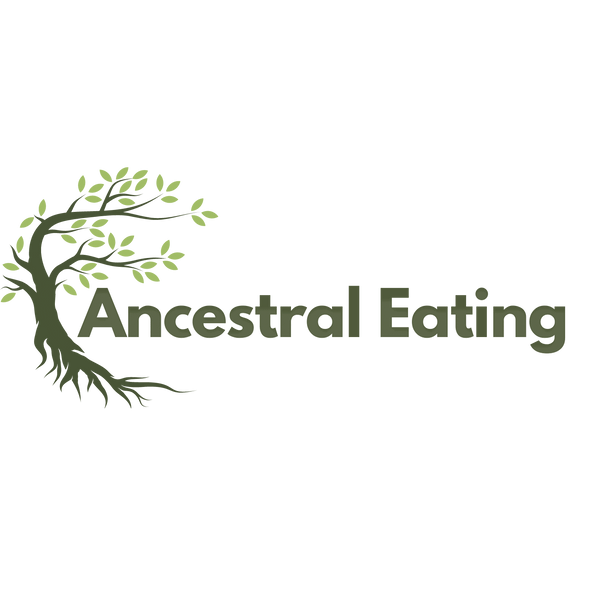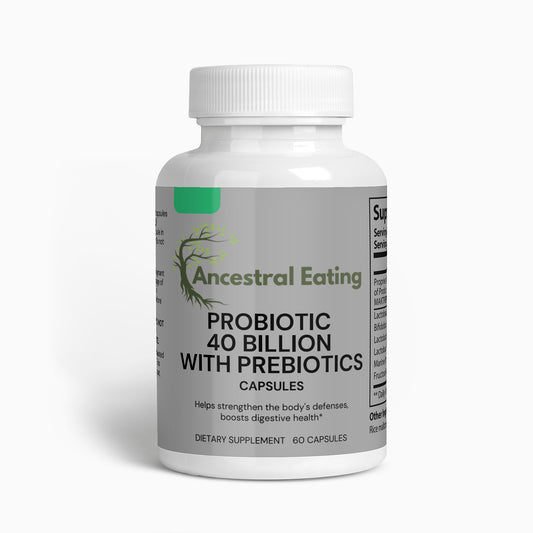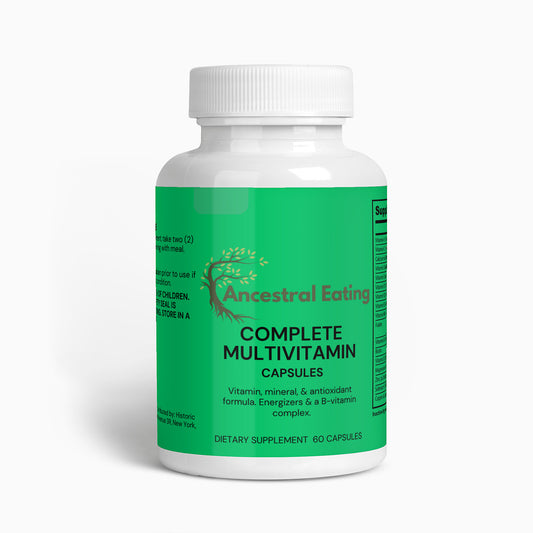Nigeria, the most populous country in Africa, has a rich culinary history shaped by its diverse ethnic groups, including the Yoruba, Igbo, and Hausa, among others. Over the last 500 years, its cuisine has evolved based on indigenous ingredients, regional variations, and external influences, notably from trade and colonial rule.
Staple Foods
- Yam: A central staple, particularly in the southern and southeastern regions, often boiled, fried, or pounded to make dishes like "pounded yam."
- Rice: Consumed throughout Nigeria, notably in dishes like jollof rice and fried rice.
- Cassava: Used to produce "garri" and "fufu," both of which are consumed with soups and stews.
- Maize: Prepared in various forms such as "tuwo masara" (cornmeal pudding) or boiled as corn on the cob.
- Millet and Sorghum: More common in the north, these grains are used in foods like "tuwo shinkafa" and local beers.
Proteins
- Fish: A primary source of protein, especially in riverine and coastal areas. Dishes like "efo riro" (spinach and tomato stew) often feature fish.
- Meat: Chicken, goat, and beef are popular, often appearing in stews, soups, and grilled forms like "suya" (spiced grilled meat).
- Eggs: Used in various dishes and as a source of cheap protein.
- Legumes: Beans and lentils are widely consumed, for example in dishes like "moi moi" (steamed bean pudding) and "akara" (bean cakes).
Vegetables and Fruits
- Leafy Greens: "Ugwu" (pumpkin leaves), "soko," and "efo" (spinach) are frequently used in soups and stews.
- Fruits: Mangoes, bananas, oranges, and pineapples are common, as well as indigenous fruits like "agbalumo" (African star apple).
Spices and Seasonings
- Peppers: Both red and green varieties, including scotch bonnet, are a key feature.
- Ginger and Garlic: Commonly used as base flavors.
- Locust Beans: Known as "iru," these are used to flavor many Yoruba dishes.
- Egusi: Melon seeds used as a thickener and flavor base in soups.
Traditional Dishes
- Jollof Rice: A beloved dish made with rice, tomatoes, onions, and a variety of spices.
- Egusi Soup: A thick soup made from melon seeds, leafy vegetables, and meat or fish.
- Banga Soup: Made from palm fruits and commonly consumed in the Delta region.
- Afang Soup: A delicacy from the southeastern part of Nigeria, made from "afang" leaves and a mixture of meats and fish.
Sweets and Desserts
- Akara: Although savory, this deep-fried bean cake has a natural sweetness.
- Puff-Puff: Deep-fried dough balls, similar to doughnuts.
- Chinchinga: A sweet, deep-fried snack made from flour, sugar, and other ingredients.
Beverages
- Palm Wine: A traditional alcoholic drink made from the sap of palm trees.
- Zobo: A non-alcoholic drink made from dried hibiscus petals.
- Kunu: A non-alcoholic beverage made from grains like millet or sorghum.
Foreign Influences and Modern Foods
- British Influence: As a former British colony, foods like tea and bread have been integrated.
- Indian Influence: Dishes like "kebabs" and certain spices have found their way into Nigerian cooking.
The diverse geography and ethnic groups have made Nigerian cuisine one of the richest in Africa. The past 500 years have seen a blend of traditional foods with external influences, making for a complex, flavorful culinary landscape that continues to evolve.






